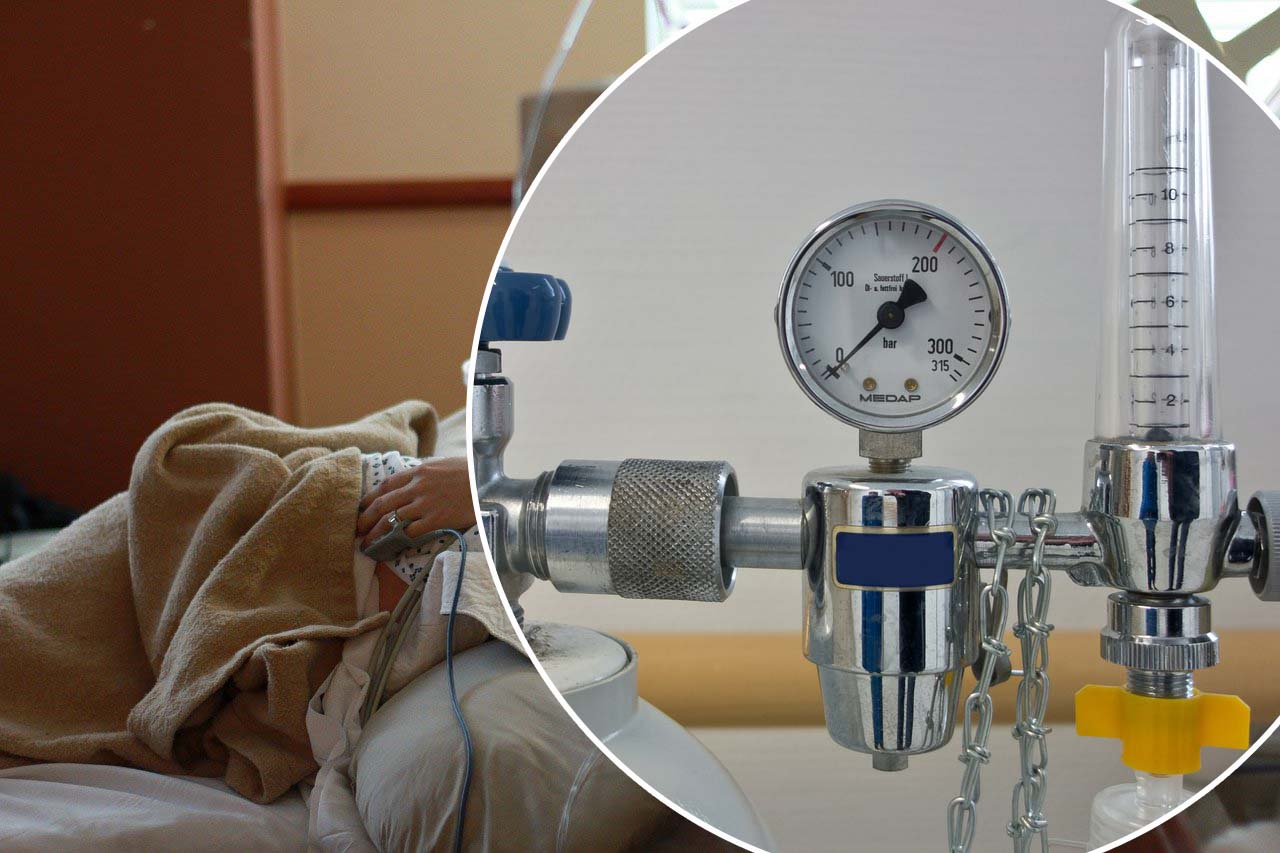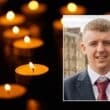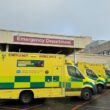
There have been seven further Covid-related deaths reported in Northern Ireland in the last 24 hours.
Two of those deaths occurred in the Newry, Mourne and Down district while another occurred in Mid Ulster.
According to the official dashboard, there were a further 1,590 – up 389 – positive cases reported in the last 24 hours, with 217 in Armagh, Banbridge and Craigavon – the second highest in NI. There were 144 positive cases in Newry, Mourne and Down while Mid-Ulster District recorded 127. Belfast had the highest with 246.
A total of 6,908 individuals were tested in that time.
There are 441 – up 40 – people in hospitals across Northern Ireland as a result of the virus, 41 – no change – of whom are in intensive care unit.
There are 112 – up eight – Covid patients in the Southern Trust area, 83 of whom are in Craigavon Area Hospital. There are 10 patients in Daisy Hill and 16 in South Tyrone Hospital.
There are currently 11 ICU beds available in Northern Ireland.
The total number of deaths now stands at 2,468.
Hospital occupancy currently stands at 106% – up 2% – of capacity.
The Armagh City, Banbridge and Craigavon Borough Council area accounts for 336 deaths overall; Newry, Mourne and Down District accounts for 189 while Mid-Ulster has registered 233 deaths.
Meanwhile, Health Minister Robin Swann has welcomed the advice on Covid booster vaccinations from the Joint Committee on Vaccination and Immunisation (JCVI).
The Health Minister Robin Swann: “Our Covid-19 vaccination programme in Northern Ireland has been successful in protecting people from serious illness and has ultimately saved many, many lives.
“Introducing a booster programme will help to prolong protection in those most at risk from this virus and reduce hospitalisations as we head into colder weather and what will be a challenging period for our health service.”
The JCVI has advised that booster vaccines should be offered to those more at risk from serious disease, and who were vaccinated during Phase 1 of the vaccine programme (priority groups 1 to 9).
This includes:
• those living in residential care homes for older adults
• all adults aged 50 years or over
• frontline health and social care workers
• all those aged 16 to 49 years with underlying health conditions that put them at higher risk of severe COVID-19
• adult household contacts of immunosuppressed individuals
The JCVI advises that the booster vaccine dose is offered no earlier than six months after completion of the primary vaccine course, in the same order as during Phase 1.
Minister Swann said: “Those who were vaccinated in the first stages of our vaccination programme will have received their second dose approximately six months ago. Therefore our booster vaccine programme will begin later this month. Initially, Trust mobile teams will be visiting all residential care homes to vaccinate residents and staff and Trusts will also begin to vaccinate frontline health and social care staff.
“By early October we expect to see GPs starting to invite their oldest patients in to receive their booster dose as they pass the six month mark from receiving their second dose, while community pharmacies will offer vaccination to non-Trust employed frontline staff such as Domiciliary Care workers etc.”
The JCVI advises a preference for the Pfizer-BioNTech vaccine for the booster programme, regardless of which vaccine brand someone received for their primary doses. This follows data from the COV-BOOST trial that indicates the Pfizer-BioNTech vaccine is well tolerated as a third dose and provides a strong booster response.
Alternatively, a half dose of the Moderna vaccine may be offered. Where mRNA vaccines cannot be offered, for example due to allergies, the AstraZeneca vaccine may be considered for those who received it previously.
The Chief Medical Officer, Professor Sir Michael McBride said: “We expect Covid-19 infections will continue to circulate in the coming months, coinciding with seasonal flu and other respiratory viruses. This will put inevitably put further pressure on our health service.
“Today’s announcement by JCVI will enable the more vulnerable to be vaccinated again. This will maximise individual protection ahead of winter. Most of the people in this group will also be eligible for the annual flu vaccine and we strongly advise them to take up this invitation as well.”
The JCVI has said that the ComFluCOV trial indicates that co-administration of the influenza and COVID-19 vaccines is generally well tolerated with no reduction in immune response to either vaccine. Therefore, the two vaccines may be co-administered where operationally practical.
As most younger adults will only have received their second COVID-19 vaccine dose by late summer or early autumn, the benefits of booster vaccination in this group will be considered at a later time.
This advice is separate from, and does not supersede, recent JCVI advice on a third primary dose for the severely immunosuppressed. The JCVI will review whether this group requires a further booster at a later date, following completion of their 3-dose primary course.
The JCVI has confirmed that it will continue to review emerging scientific data, including data relating to the duration of immunity for those less vulnerable to severe outcomes from COVID-19.





